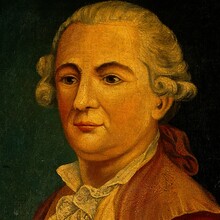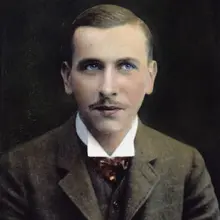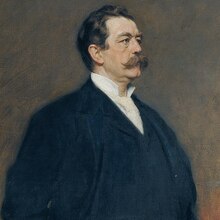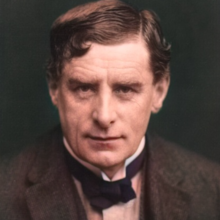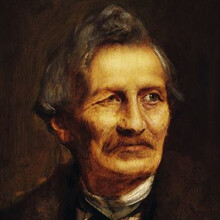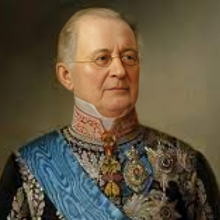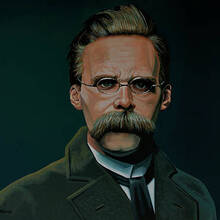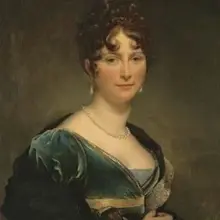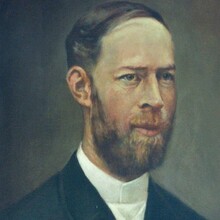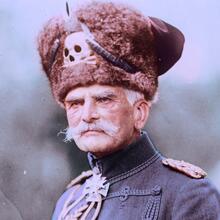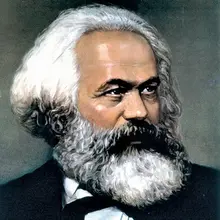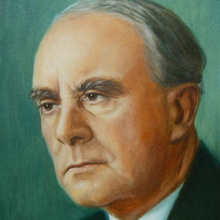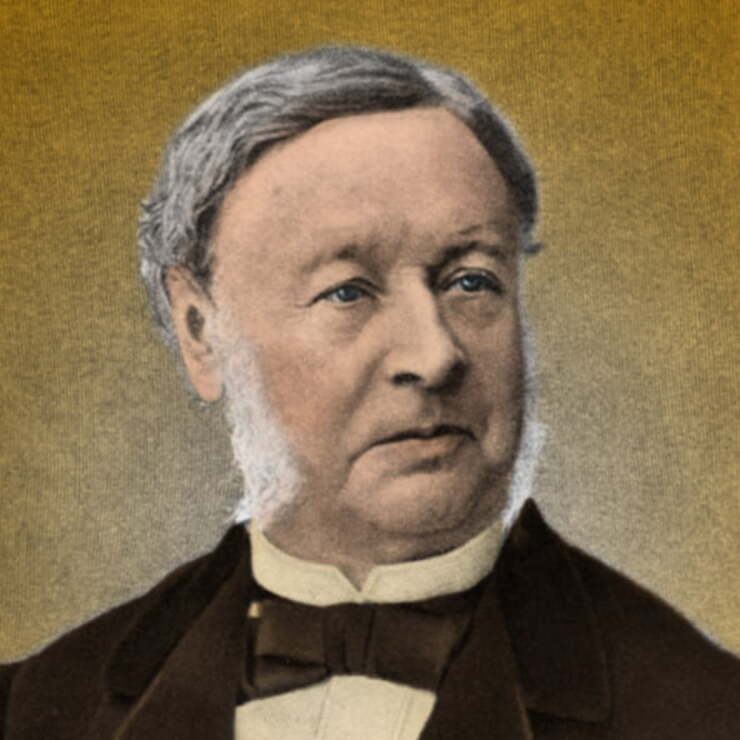
Personal
Other names:
Job / Known for:
Physiologist and founder of modern histology
Left traces:
The discovery of Schwann cells
Born
Date:
1810-12-07
Location:
DE
Neuss, Prussia, Germany
Died
Date:
1882-01-11 (aged 72)
Resting place:
DE
Death Cause:
Pneumonia
Family
Spouse:
Children:
Parent(s):
Leonard Schwann and Elisabeth Rottels
QR Code:
Show More
Rank
Users ranking to :
Thanks, you rate star
Ranking
5.0
1
Fullname
Theodor Schwann
Slogan
The cell is the unit of structure, physiology, and organization in living things.
About me / Bio:
Show More
Article for Theodor Schwann
Died profile like Theodor Schwann
Comments:

